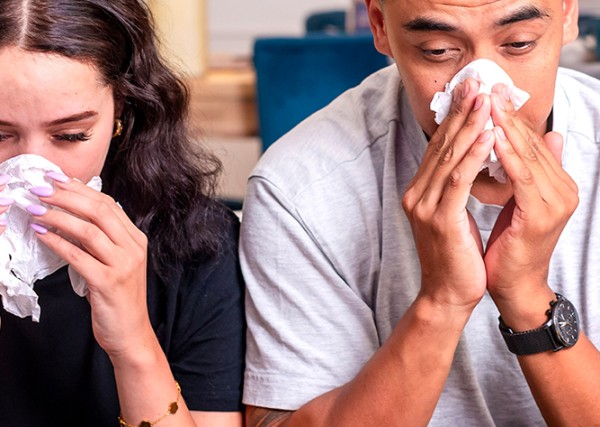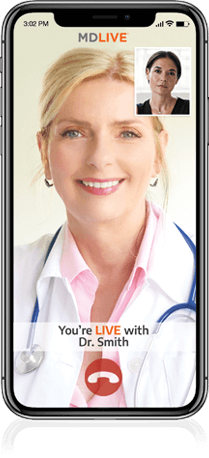Mindful medicine: What you need to know about antibiotics.
With advice from Dr. Stephanie Reznick
When you're feeling sick and just want your illness to go away as soon as possible, receiving antibiotics from your doctor can feel reassuring. And antibiotics can be lifesavers – when used correctly. But do you always need antibiotics? It depends on the nature of your illness.
Antibiotics can be necessary, but they may not always be the best course of action to help you recover. And, if you experience side effects, antibiotics can make you feel even worse. There is also widespread concern for overuse in the medical community. Overuse leads to antibiotic resistance, meaning antibiotics may not work when you need them in the future. So, if you're unsure when to take antibiotics, Dr. Reznick explains what you need to know during your next doctor's visit.
Antibiotics are a valuable tool in the fight against bacterial infections, but they aren't always the answer. Knowing when you genuinely need them can help prevent antibiotic resistance and protect your overall health in the long run. Your MDLIVE board-certified doctor can guide you based on your symptoms and health situation.
Posted date: March 08, 2024





